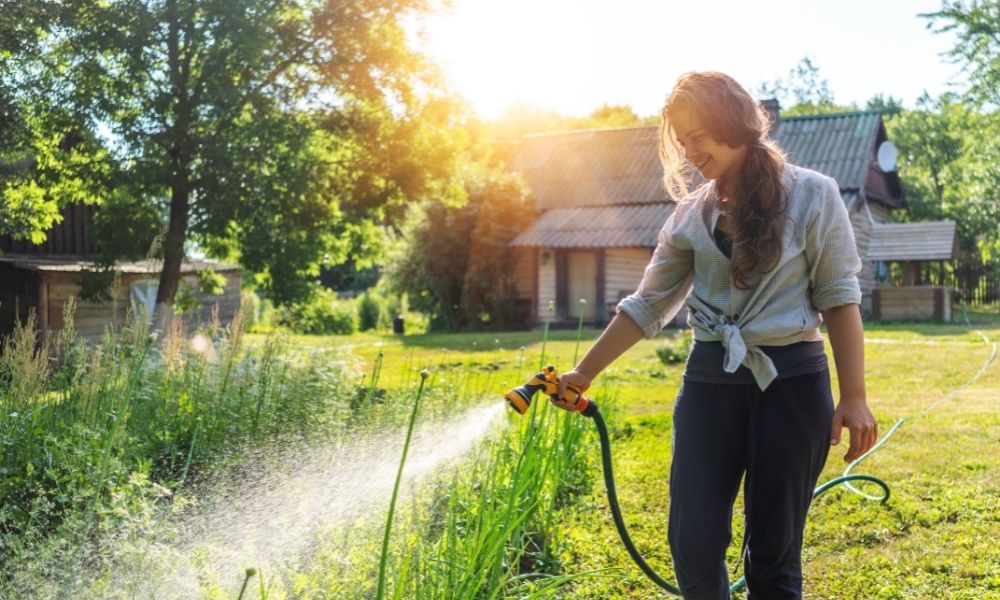When you soften your water, you’re reducing hard water minerals like calcium and magnesium by introducing sodium to your water. This leads to easier cleaning, increased lifespans for your appliances that use water, and softer hair and skin. But is softened water safe for your garden and plants?
Don’t Use Softened Water With Plants
The short answer is that you shouldn’t use softened water with your plants or garden. The increased level of sodium is harmful, as most plants can’t tolerate water with high salt content. Softened water tends to trick plants into thinking that they’ve taken in more water than they actually have, as the sodium interferes with their ability to determine water balance.
In addition to hurting the plants you currently have, the sodium in your softened water will also get into the soil underneath your plants, building up and making it more difficult for plants to grow there in the future.
What if You Watered With Softened Water?
If you’ve already watered your garden with softened water, don’t worry! You can correct the level of salt in your soil by frequently watering with unsoftened water. This process, known as leaching, will get the salt out of your soil by pushing it deeper or washing it away entirely.
Unfortunately, pushing the salt away will have the same effect on beneficial minerals and nutrients, so you’ll need to make sure you add those back into your soil after watering.
Your Options Moving Forward
The two main methods for watering your garden if your home has softened water are using a bypass spigot or collecting rainwater. A bypass spigot is a fixture installed on the side of your house that pulls water from the water line before it’s softened. To collect rainwater, you can use buckets.
Now that you know whether softened water is safe for your garden and plants, consider reaching out to Delmarva Water Solutions for water testing in Delaware. We can help you determine if your water is hard and what you can do to fix it!

